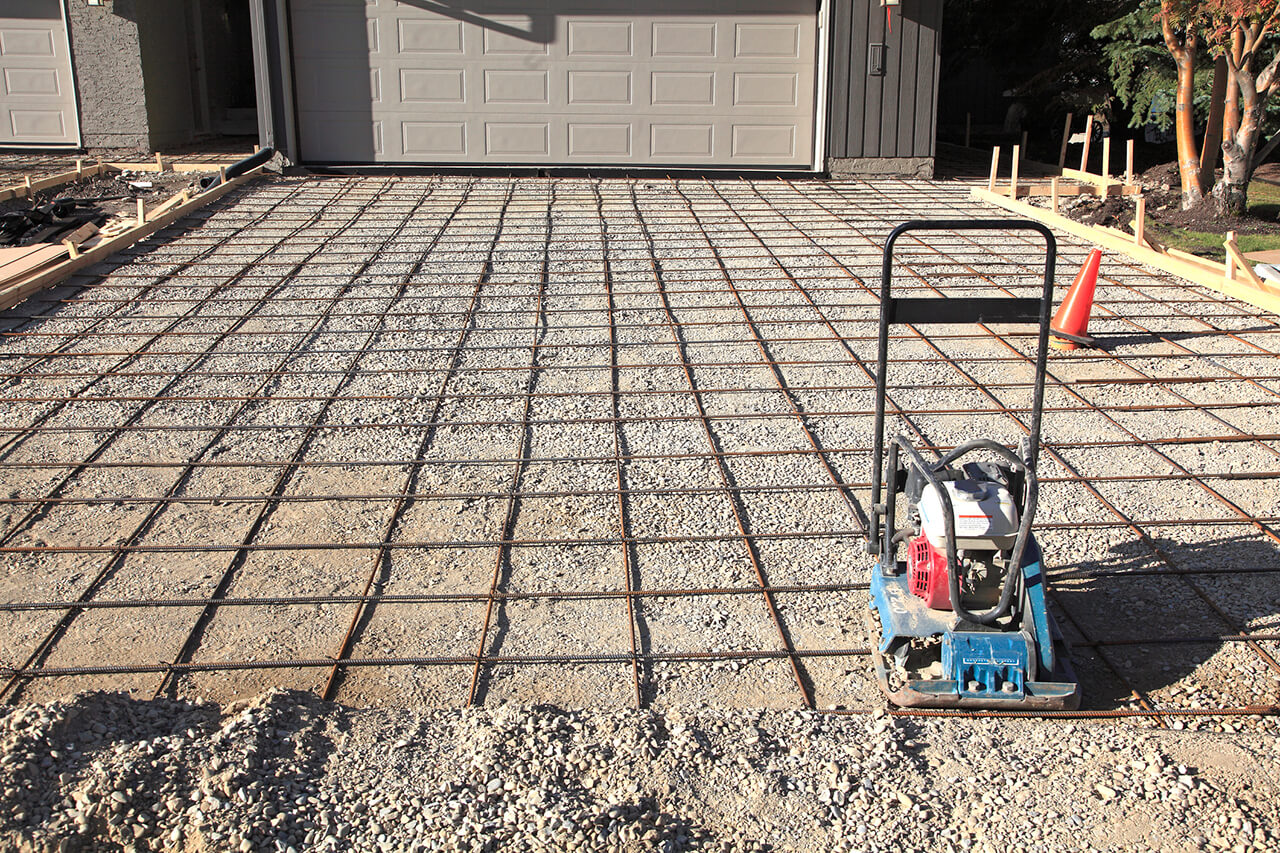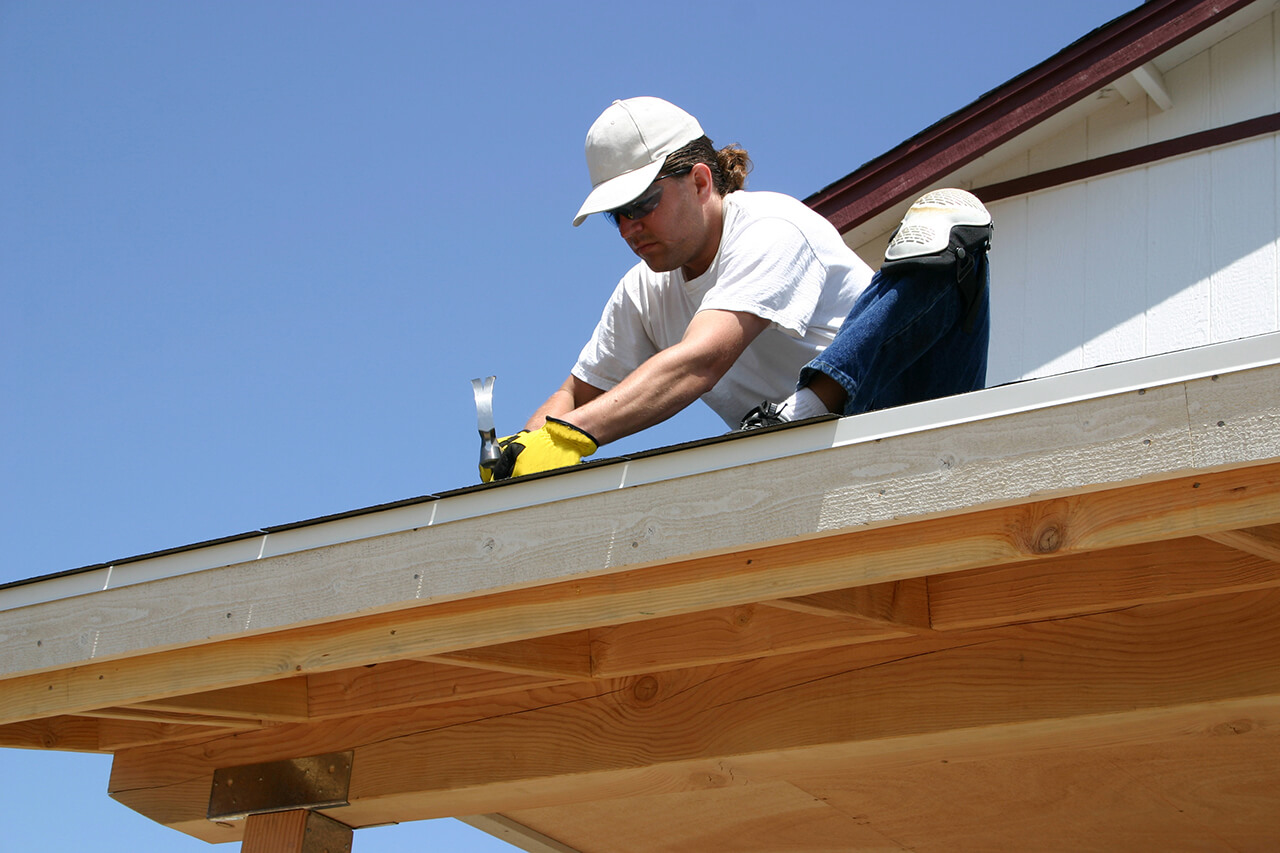How Much Does it Cost to Hire a Painter?
It’ll cost anywhere from $200 to $6,000 to hire a painter. Expect small jobs, like kitchen cabinets or trim, to run $200 to $2,000. Larger projects, like your home’s exterior, range from $1,000 to $6,000. To estimate your needs, figure paying $2 to $6 per square foot or $20 to $50 per hour. Actual costs vary considerably depending on coverage area, type of work and regional cost of living differences.
Painting your home, both inside and out, improves its curb appeal, character and resale value. It’s one of the quickest and easiest ways to give your home a face-lift. In addition to colors, there are finishes, stains, maintenance and other options to consider.
How Much Does Paint Cost Per Gallon?
A gallon of paint costs an average of $25 to $50 and covers about 350 square feet with one coat. Designer varieties can run over $100 per gallon. Your painter pays up to 50% less than what it runs in a home improvement store. You’ll also need to spend another $20 to $100 on supplies like brushes, rollers, masking paper and plastic. A professional will have these items on-hand.
| Pint* | $5 - $50 |
| Quart* | $10 - $80 |
| half-gallon | $10 - $25 |
| 1 gallon | $25 - $50 |
| 2 gallons | $30 - $80 |
| 3 gallons | $45 - $120 |
| 5 gallons | $60 - $220 |
*You won't find your average wall and ceiling paint in these sizes. The higher prices reflect specialty types for detail and accent work.
Use this paint calculator to estimate how much you will need.
Check prices at your local home improvement store. Once you have an idea what you're working with, compare the costs in person.
Your contractor can quote you prices. They have years of experience and can break out this cost on project estimates.
Get the highest quality paint your budget will allow. It looks better, lasts longer and is more durable than cheaper brands.
The shinier the paint, the higher the price, from flat to semi-gloss to gloss.
How Much Is a Can of Paint?
A one-gallon can is about $30 to $40. Prices range from $25 to $50 with designer brands exceeding $100. You’ll usually save a little on per-gallon pricing when you buy in 5-gallon or larger bulk sizes.
Interior Paint vs. Exterior Paint Per Gallon
Some brands charge up to 25% more for exterior varieties. These price differences can add up to $50 per 5-gallon bucket.
Custom Paint Prices
Custom paints run $100 or more per gallon. Many accent types, like metallics and textured, come in smaller cans, like a pint or quart. You’ll pay anywhere from $10 to $80 for these smaller containers.
Professional Painter Prices
Most professional painters charge $2 to $6 per square foot of paintable area. Less commonly, they’ll charge anywhere from $20 to $50 an hour. In some areas with high costs of living, you might even pay upwards of $100 an hour. Most of this is for labor. Ask your pro to break out prices in an estimate into materials, labor and paint.
Professional's total cost:
Paint and other supplies: 15%.
Labor: 85%.
According to the Bureau of Labor Statistics, 45% are self-employed. More information regarding rates and associated factors is included below.
Painter Cost Per Hour for Labor
Hiring a painter costs $20 to $50 per hour. In some locations, you might pay as much as $75 per hour or more. More commonly, they’ll charge per square foot at $2 to $6.
How Much Do Painters Charge Per Day?
You can expect to pay a pro $200 to $500 per day. Most don’t usually charge a per-day, or per diem, rate. More often, you’ll find they either charge a per square foot, hourly or project price.
Price Per Square Foot for Painting a New Construction
You’ll pay anywhere from $2 to $4 per square foot for new construction. However, your general contractor takes care of all subcontracting needs. Unless you’re acting as your own general contractor, you won’t need to worry, it’ll all be included in the total home price.
Residential Painters Cost Per Project
Painting residential projects costs anywhere from $1 to $6 per square foot or $150 to $4,500 for the project. Pricing varies between jobs. Consider the amount of time each takes.
Common home project pricing includes:
Painting a home interior room and walls costs $1,000-$2,900 total or $2-$3 per square foot. Obstacles like stairwells and kitchen cabinets might increase prep time and thus cost.
Painting home exterior siding costs $1,800-$4,200. Up to 25% more than an interior.
Small home project painting costs $400-$1,200. Might include one accent wall, a door, cabinets or paneling.
Painting a mural or trompe l’oeil costs $800-$1,900+. Consider the artist's cost and fee structure, and the size of the space.
Ceiling painting prices: $150-$350. Cheaper if included with a whole home project.
Paint handrail or porch railing costs: $1-$5 per linear foot. Highly detailed rails might run twice as much.
Cost to stain or paint fences: $750-$4,250.
Deck staining costs $550-$1,050.
Deck waterproofing or sealing costs $550-$1,300.
Trim painting costs $500-$1,500 or $1-$3 per linear foot. Be sure to check the precision of the painter's work while vetting them for employment as it can be costly to remove overpainting on trim, wood or carpet flooring, and light figures or wall plates.
Painting an Apartment or Home as a Renter
If the responsibility is yours, you’ll pay $1,000 to $3,000 on average to repaint an apartment. Some buildings and landlords have pre-selected painters, while others will contract companies on an as-needed basis. If your landlord or building doesn't have a regular pro, see if you can DIY it to save up to 85% on labor. In some cases, if you approach a landlord prior to painting, they will agree to cover some of the expenses, such as the cost of paint and brushes.
If you're moving in and selecting a non-neutral color, understand that your landlord may require you to redo the walls the original color when you move out. Be ready to make that investment down the road.
There are cases where apartment complexes allow you to choose from a color wheel of neutral hues before you move in. Some charge a fee for calling in a handyman or other pro to do the walls, while most offer it as a benefit of signing a lease.
Commercial Painting Costs Per Square Foot
Commercial painting costs $2 to $6 per square foot. Exterior jobs on multi-level buildings might run you twice that much due to setup time and accessibility. Commercial and residential projects are priced similarly.
Hiring Cheap House Painters
You may want to save a few dollars by hiring the lowest bid that comes in. Remember that cheap work usually gives cheap results. Take the time to talk to each pro to find out what they charge per square foot or hour, and what materials they’ll need and use (such as caulking before painting) and how many separate coats of paint they will apply.
Pros:
Saves money. You’ll save a few bucks going with the cheapest bid. But the cons usually outweigh the savings.
Cons:
Cheapest paint. They’ll use the cheapest supplies they can get. You’ll typically need to redo the job in as little as half the time of a quality paint.
Rushed work. Brush strokes, peeling paint, bubbling up, and missed areas are all signs of rushed work and bad prep.
Hiring an expensive professional doesn’t always mean you’ll get the best materials either. Make sure you always check your pro’s credentials and past work. You’ll also want to ask:
What brand and type of paint are you using?
How many coats are you applying?
Will you guarantee your work?
Will you fix any holes or damage?
Can you separate materials and labor on the bid?
Affordable Handyman House Painting Prices
For small jobs, you might hire a handyman for $20 to $25 per hour. Always hire a pro who does nothing but paint for any delicate or detailed work that you want done correctly.
Student Painters Costs
Student painter rate vary depending on your location but are usually cheaper than any pro. Despite the savings, it’s usually not a great idea. Painting is a skill learned over time. Homeowners, who have hired student painters, reported both pros and cons, which include:
Low bids. Often far below professional level work.
Lack of experience. They may not prep the surface properly and you could see roller and brush marks.
Quick turnaround. They usually slap a fresh coat on and move onto the next job.
Expect student painter quality to vary by location and crew. If you do go with students, make sure they’re from an accredited school and overseen by a foreman with a good reputation and experience. Always check references, reviews and licenses before hiring any contractor.
Surface Preparation
Proper surface preparation is key to a quality job. Without sanding, washing and scraping, your fresh coat will start peeling quickly. You’ll also need to have any damage or underlying concerns, like leaking gutters, fixed.
Here are some recommendations for surface preparation by wall type:
Aluminum: Remove any dirt, stains and other grime with solvent cleaner.
Concrete or cinder block: Remove loose mortar and clean off dust, dirt and loose cement.
Brick: Clean off dirt, excess mortar and any foreign grime.
Concrete: Remove grease, loose cement and oil; then, either power wash or clean by hand.
Copper: Clean off grease, dirt and other grime with a hand cloth and solvent cleaner.
Drywall: Remove exposed nail/screw heads, repair (with joint compound/spackle) the areas and remove any dust.
Fiber Cement Board (Hardie Board brand): Use a solvent cleaner and remove any waxy material.
Plaster: Patch any damaged areas; clean with vinegar and water.
Steel: Remove rust, oil, grease and salt with solvent cleaner.
Stucco: Clean off any loose stucco and allow to dry for 30 days.
Wood: Make sure it's dry, check for any rotted areas, patch any holes and caulk as needed.
Vinyl: Scrub with soap water solution and rinse.
Tips for Hiring a Painter
When you decide to hire a painter, know that their rates go down in the winter as business slows. Ask about discounts, in case they can fit you in as an in-between project. Also consider whether you have other projects to be completed, as you may get them done in bulk for less than you would piecemeal.
Keep these things in mind to be sure that you're getting the best pro for the job:
Ask for recommendations: Consult with friends, family and neighbors to see if they've hired a good pro for a similar project. Also consult our painting contractor directory to find quality contractors with good ratings and reviews.
Get multiple estimates: Narrow your list of potential contractors down to four and then get four bids to make sure they're within the same price range. If one seems too high or too low, ask additional questions to understand why.
Interview questions:
How long have you been a painting contractor?
Do you have general liability insurance or professional liability insurance? Ask your painting contractor to send you an "insurance declaration", a one-page summary of their coverage. If they have it, they will be happy to send to you.
Are you licensed and insured?
Do you perform the job yourself or hire out freelancers?
Can you provide contact information for previous clients as references?
Do you have guarantees of your work?
Review credentials: Make sure potential pros are licensed and insured so you aren't left with repairs or financial hassles after they complete the job.
Figure out a payment plan: In most cases, you shouldn’t need to pay anything up front. Never pay more than one-third of the total cost upfront. Never pay in cash.
Get the contract and review it thoroughly before signing.
Pick the paint and finish: The contractor should work with you to find the right color, but the decision is ultimately yours. Make sure it's a color you'll enjoy for years to come.
Check for lead: Testing lead paint costs $225-$425. If your home was constructed pre-1978, the older layers might contain lead. If this is the case, you'll need to have a lead testing and removal contractor come out to handle the problem.









